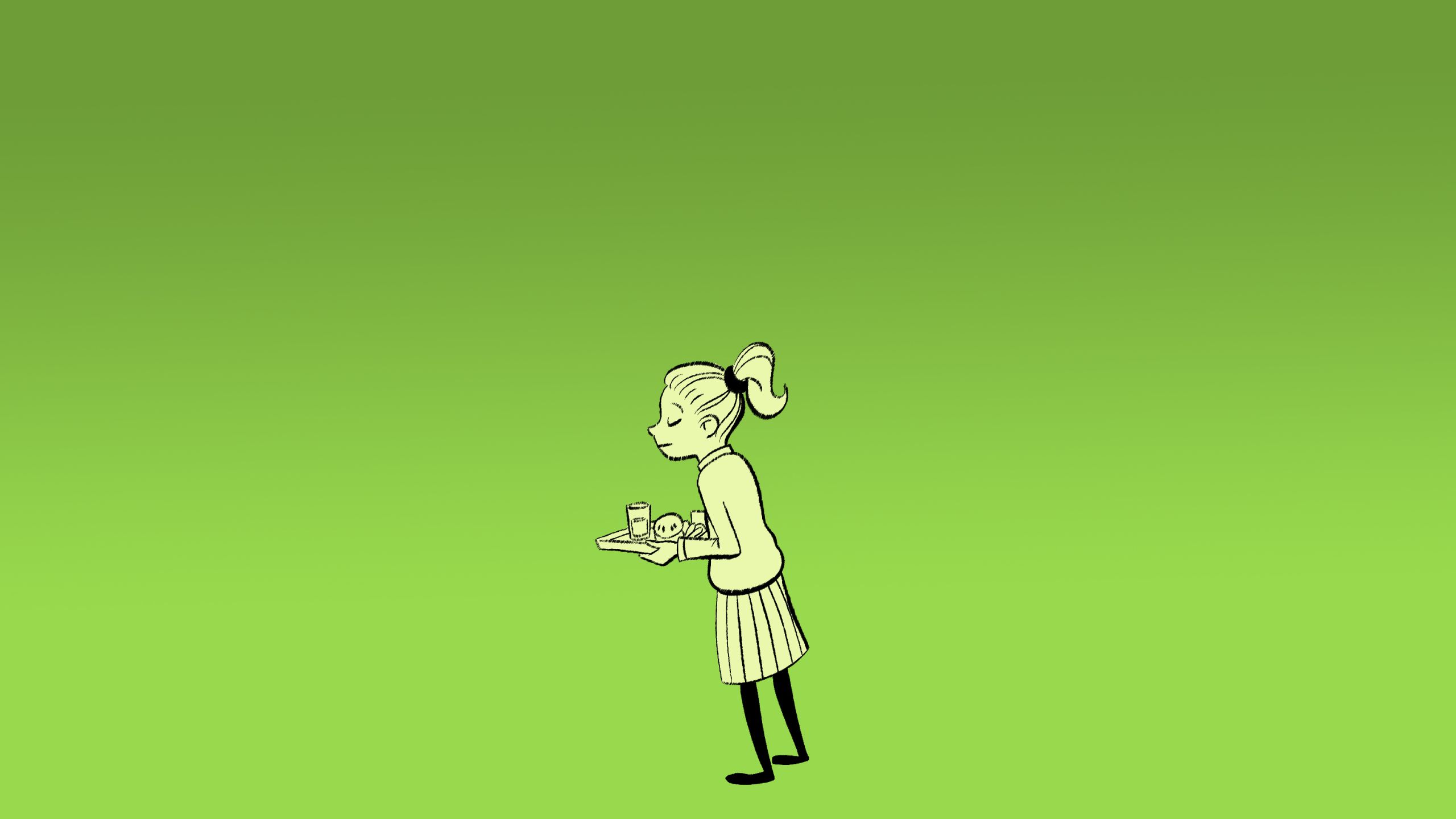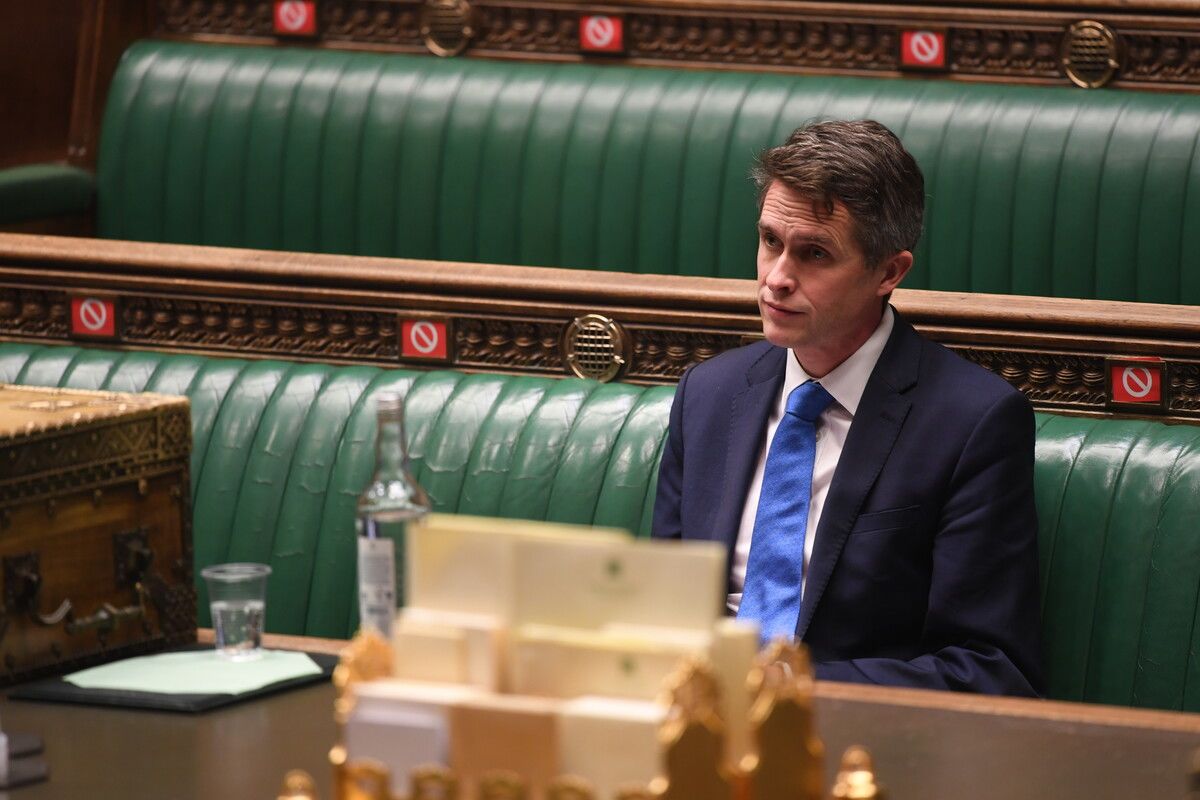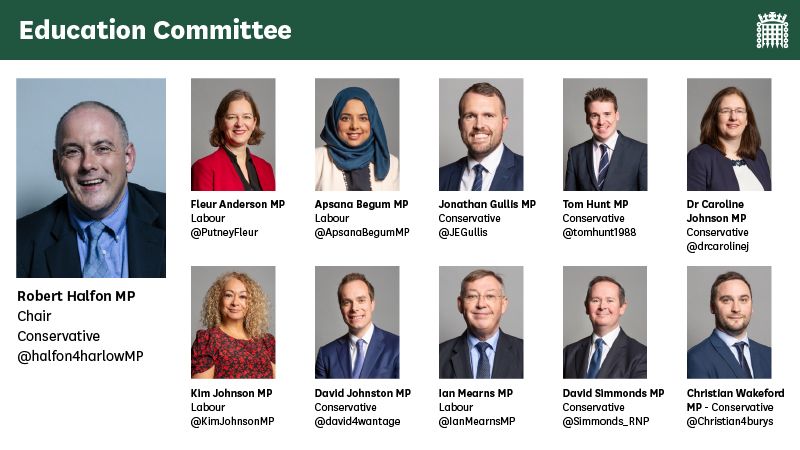How White working-class pupils have been let down, and how to change it

Our Committee is dedicated to supporting left-behind groups. As a first step, we have looked at why disadvantaged White pupils are being let down, and how the Department can do more support them.
The White working class are by far the largest group of disadvantaged pupils
There were around 982,950 White pupils eligible for free school meals in 2020, compared to 139,720 Asian students as the next largest group.
Specifically, we looked at White British pupils who are eligible for free school meals (FSM). FSM-eligibility is currently the most pragmatic way to evaluate disadvantage, and is frequently used as a proxy for ‘working class’.
Disadvantaged White pupils fall behind their peers at every stage of education
This is how FSM-eligible White British pupils performed in 2019:
- only 53% met the expected standard at early years Development Goals
- only 17.7% achieved a strong pass in English and Maths
- 16% started higher education at age 19
Listen to Professor Matthew Goodwin, Professor of Politics and International Relations at the University of Kent, one of the experts we questioned on this topic:
Despite multiple reports, studies, and promises from the Department of Education, the underachievement of White working class pupils is as acute as it has ever been.
What puts White
working-class pupils
at a disadvantage?

Among the many factors that may combine to put White working-class pupils at a disadvantage are:
- Persistent and multigenerational disadvantage
- Placed-based factors, including regional economics and underinvestment
- Family experience of education
- A lack of social capital (for example the absence of community organisations and youth groups)
- Disengagement from the curriculum
- A failure to address low participation in higher education
We'll talk about some of these causes more in detail below.
The influence
of place

Placed-based inequalities are one of the possible causes of the attainment gap for disadvantaged White pupils
During our inquiry we heard that ethnic minorities are predominantly clustered in clearly identifiable regions, such as London and the West Midlands, but are much less represented in rural and coastal areas. Huge areas in the north-east or the south-west are characterised by higher levels of poverty, lower population density and are proportionately more White.
During our inquiry, Mary Curnock Cook outlined some of the challenges faced by pupils in areas of the country that are predominantly White. Listen to what she told us :
We need a better understanding of disadvantage in order to tackle it
We heard that the way data is currently presented makes it difficult to understand the influence of place on attainment for disadvantaged pupils from different ethnic groups.
To narrow gaps in attainment, we need to understand what causes them. We need better data on disadvantage to pinpoint barriers in local areas that hold children back.
We ask the Government to:
- Develop data sets that allow analysis of ethnicity, gender and socio-economic status at local levels, to analyse progress on levelling-up education for the White working class.
- Use that data so that interventions and funding can go straight to those places and pupils that most need it.
Support for children
and families

Disadvantaged White children fall behind their peers from the early years
During our inquiry we learned that several factors affect children's outcome, such as attending early childhood education and care, and the quality of education on offer.
One of the best ways to help children is to get their parents the right support. From the vital first 1,001 days through to transitioning to secondary school and beyond – parents who are willing and able to help their children make all the difference.
How Family Hubs can help
Family Hubs are local support centres where families can access a broad and integrated range of early help to overcome difficulties and build stronger relationships. Family Hubs can bring services together and build the trusting relationships that parents need to navigate often complex systems.
It’s time to be bold in how we support families and build a network of Family Hubs that reaches every family that needs it.
"The family hub approach is the answer, but [...] they need to be universal and non-stigmatising at the point of access, so that anyone can ask for support, including those not known to statutory services."
The role of
education

The best way for schools to improve disadvantaged pupils' outcomes is to improve the quality of teaching
Schools in disadvantaged areas are less likely to have experienced teachers, less likely to have teachers in qualified subject areas, and more likely to have higher teacher turnovers.
"We know that there are issues about school teacher supply and retention, particularly around supply of subject expert teachers in those areas [where White working-class kids are focused demographically]."
We ask the Government to:
- Support the development of local teachers
- Target recruitment and retention policies to schools that are struggling, particularly those in left-behind White communities.
- Make teaching degree apprenticeships more widely available, with a specific focus on developing teacher subject specialisms.
Valuing vocational and academic pathways equally

We need a curriculum that equally values academic and vocational subjects
We support the Department’s insistence that all children should benefit from an ambitious and challenging curriculum. A culture of low expectations is damaging for White working-class children. However, too many disadvantaged White pupils are leaving school without essential qualifications, and something needs to change to re-engage these learners in their education.
The Department must reform accountability measures by reforming the English Baccalaureate, so that it includes both academic subjects and at least one technical, creative or vocational course in KS4. By doing this, the Department could super-charge its technical and skills agenda, inspiring all young people to consider alternatives to the well-trodden academic pathways.
White working class pupils must be given more options for higher education
Strikingly, just 16% of disadvantaged White pupils went on to higher education last year. We do not believe that university is the right destination for everyone, but we also believe that disadvantaged White pupils deserve as wide a range of options on leaving school as any other group, and that should include university.
We ask the Government to:
- Provide better careers guidance
- Ensure disadvantaged White pupils know what their options are on leaving school.
What's next?

The Government must now respond to our report.
Our report "The forgotten: How White working class pupils have been let down and how to change it" was published on Tuesday 22 June 2021.
Detailed information from our inquiry can be found on our website.
If you’re interested in our work, you can find out more on the Education Committee website. You can also follow our work on Twitter.
The Education Committee scrutinises the work of the Department for Education, covering children’s social care, schools, colleges, the early years and higher education.

